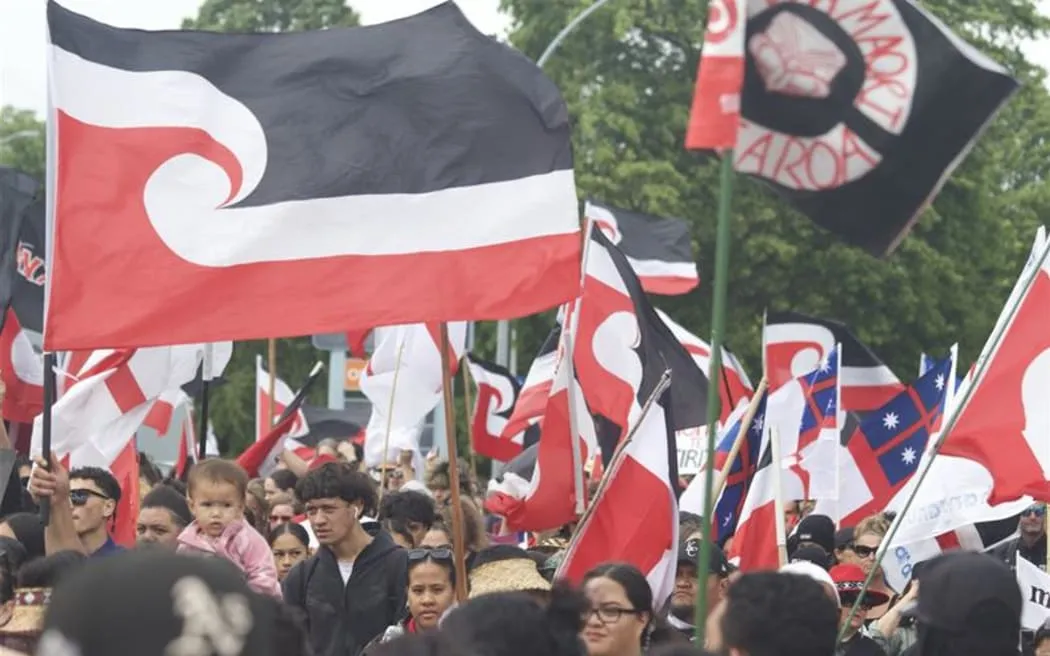The Māori seats in New Zealand’s Parliament have long been a topic of debate, with some arguing that the current system is outdated and needs reform. A recent hīkoi (march) brought attention to this issue, with many Māori voters switching from the general roll to the Māori roll.
The Role of Social Media in the Hīkoi
Social media played a significant role in spreading awareness about the hīkoi and its goals. Maipi-Clarke’s haka (traditional Māori dance) performed in Parliament went viral, helping to raise international attention to the issue. The platform was not only made available for rangatahi (young people) Māori but was actually led by them.
The Importance of Education
Annie Te One, a leading advocate for Māori rights, highlighted the need for education about the recent change to the electoral system. Many Māori are still unaware of their ability to switch between the Māori roll and the general roll at any time except in the three months before an election.
The Current State of the Māori Seats
Since 2023, voters of Māori descent have been free to switch between the Māori roll and the General roll. Previously, Māori voters could only switch once every five years, at census time. The six out of seven Māori seats were won by Te Pāti Māori in the last election.
The Historical Stigma Against the Māori Seats
Māori still only have the same number of votes as any other person in Aotearoa who is voting. Our votes don’t have more weight than anyone else – it is just the ability to respond to how we want our vote to best translate, whether that’s through the Māori electoral roll or through the general electoral roll.
The Impact on Rangatahi Māori
Rangatahi Māori are leading this change. The likes of Eru Kapa-Kingi and Hana-Rawhiti Maipi-Clarke are showing us that actually rangatahi Māori are leading this change. Through social media, we’re seeing that this platform was not only made available for rangatahi Māori but was actually led by rangatahi Māori.
The Future of the Māori Seats
A lot of education still needs to be done so Māori are aware of what is a relatively recent change to the electoral system. The flexibility of choice showed that it is a good thing for voters. Overall, 3.65m people are enrolled to vote in Aotearoa. Of those, 563,964 are of Māori descent – with 292,825 (51.9 percent) on the Māori roll and 271,139 (48.1 percent) are on the general roll.
Conclusion
The recent hīkoi has brought attention to the issue of the Māori seats in New Zealand’s Parliament. The role of social media in spreading awareness and the importance of education have been highlighted. While there is still more work to be done, it is clear that rangatahi Māori are leading this change. As Annie Te One said, “Rangatahi Māori are really engaged in politics and we’ve just seen this play out – you know, the likes of Eru Kapa-Kingi, Hana-Rawhiti Maipi-Clarke.” The future of the Māori seats is uncertain, but one thing is clear: the voices of rangatahi Māori must be heard.

0 Comments